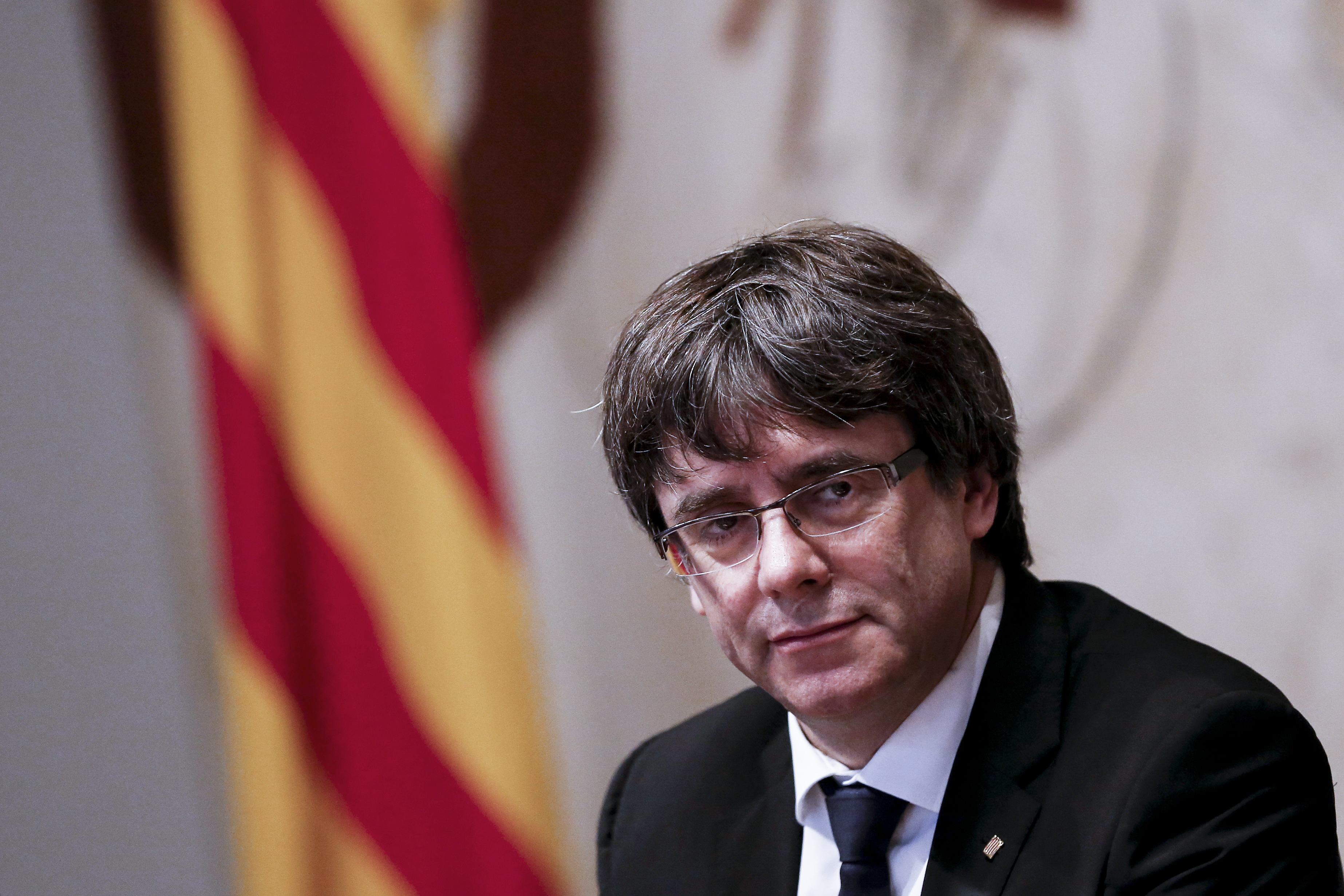Spain’s Crisis
The tug of war between the President of the Central Government Mariano Rajoy, and the President of Generalitat of Catalonia Carles Puigdemont is growing increasingly tense. Madrid announced its intention to trigger article 155 of the Spanish Constitution that suspends Catalonia’s autonomy

The reason why over the past hours it became increasingly difficult to obtain realistic and objective statements on the latest developments in Spain is hard to understand. For some people to speak of a “Spain-Catalonia” conflict is inappropriate, since the latter is a part of the former. Probably they would prefer to speak of a conflict “with Catalonia in Spain.” The definition is found in the letters and communications exchanged in the past days by the President of the Central government, Mariano Rajoy, and the President of Generalitat of Catalonia Carles Puigdemont. It almost resembles a exercise of linguistic embroidery. The same happens when somebody – from the most authoritative personality to the man on the street – voices his opinion on this matter or makes a simple remark. Whatever that person says, he/she will be identified with one of the two stands, even if that person is talking about setting the table.
The answer of Madrid: the autonomy of Catalonia will be suspended. Today, October 19, a few minutes before the deadline set by the central government, came the definitive answer of the President of Catalonia’s autonomous government Carles Puigdemont. He was asked to confirm whether the independence of Catalonia had been “formally” declared. A preliminary, indefinite answer had been given a few days before. The text is not exactly marked by utmost clarity, however it forces the central Government to activate article 155 of the Spanish Constitution: the autonomy of Catalonia will be suspended.
A game of chess. It was announced a few days ago by Mariano Rajoy in his speech at the Chamber of Deputies: “The Catalan president’s answer to these questions will inform what happens over the next few days.” This means: we move our checkers according to the move of the other player.
A “battle” of statements. The tone used in the communications between the President of the Generalitat and President Rajoy grew increasingly harsh. In fact, Puigdemont’s answer became insistent: ““If the State Government persists in blocking dialogue and the repression continues, the Parliament of Catalonia will proceed, if deemed appropriate, to vote on the formal declaration of independence which it did not do on October 10.” But he remains inexplicit: “it will proceed, if deemed appropriate.” Moreover, given the “refusal” to reply with clarity, “the Spanish government will go ahead with the preconditions envisaged in Article 155 of the Constitution to re-establish the legality in Catalonia’s self-government”, the Government replied in a release.
The future remains uncertain. Article 155 has never been applied and thus developed. It allows the State to “take any necessary measures to force it (an autonomous community) to meet its obligations.” This ushers in a process that will start with the extraordinary Council of Ministers of Saturday October 21, tasked to propose to Senate (the Upper Chamber) the measures that need to be adopted, whose concrete implementation will follow in due time.
First consequences and worries. What should we expect after the application of these measures? Probably more street protests, other migrations of small or large companies to other Spanish regions (almost seven-hundred to date), moving their registered office or their tax residence elsewhere. The most serious concern is that the social fracture could grow worse.
(*) Editor-in-chief, Ciudad Nueva (Spain)